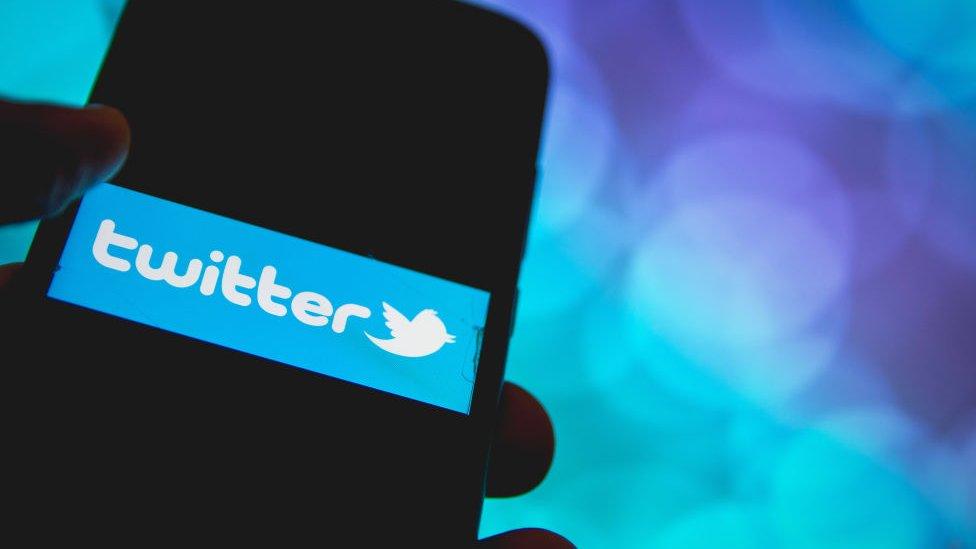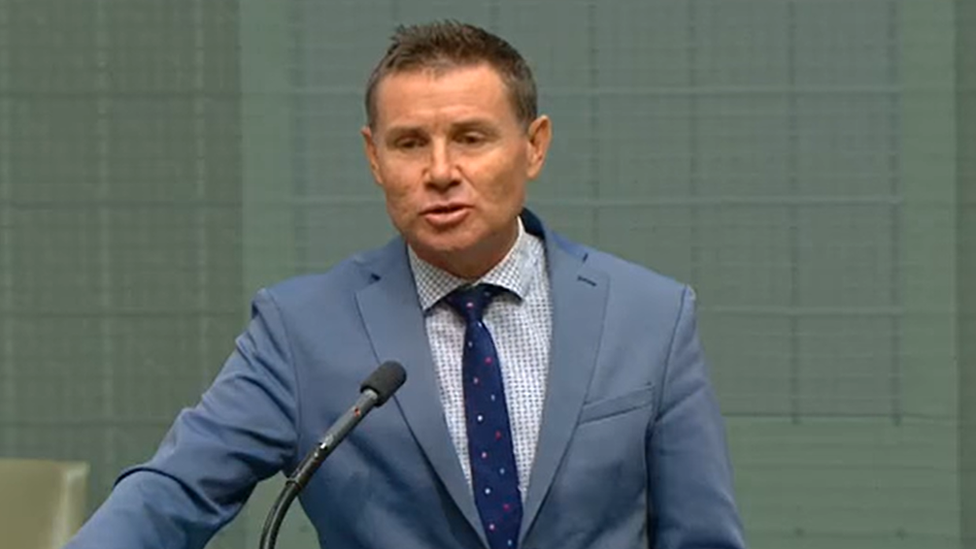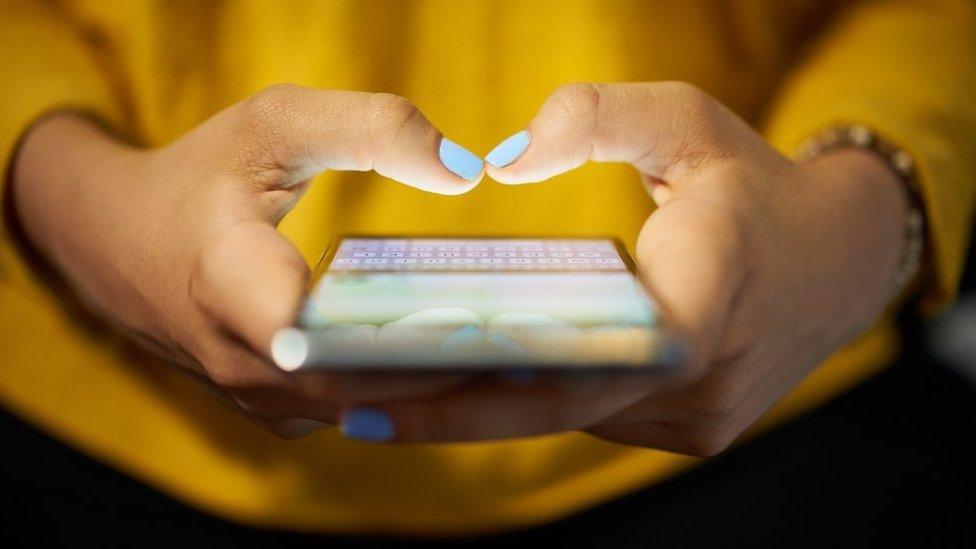Twitter tells users to be nice and think twice before replying
- Published
- comments

Twitter will now prompt users to review and revise "potentially harmful or offensive" replies.
The social media platform, which has often faced criticism over abusive user behaviour, tested the feature last year.
Twitter said the tests showed that the prompts reduced offensive replies.
On Wednesday, the company said it would roll the prompts out to English language accounts using Twitter on Apple and Android.
In a blog post, Twitter said they had found that prompts led 34% of people to revise their initial reply or to decide against sending their reply at all.
Users composed, on average, 11% fewer offensive replies after being prompted for the first time, Twitter said.
They were also less likely to receive offensive and harmful replies back.
Allow X content?
This article contains content provided by X. We ask for your permission before anything is loaded, as they may be using cookies and other technologies. You may want to read X’s cookie policy, external and privacy policy, external before accepting. To view this content choose ‘accept and continue’.
It seems, however, that you can still swear at your friends.
Twitter said the prompts are designed to consider the nature of the relationship between the accounts that tweets and the account that replies.
"If two accounts follow and reply to each other often, there's a higher likelihood that they have a better understanding of preferred tone of communication," the blog post said.
Platforms target user behaviour
Tech platforms have grappled in recent years with how to police offensive content, abuse and harassment on their platforms.
Twitter's most recent statistics, for January to June last year, show that the platform removed potentially offensive content posted by 1.9 million accounts, and suspended 925,700 accounts for violating Twitter rules.
The debate over content moderation has recently become more intense, because of decisions taken by social media giants against public officials, particularly former US President Donald Trump.
Mr Trump was banned from a number of platforms, including Twitter and Facebook, following the Capitol Hill riots on 6 January.
Facebook's oversight board upheld the decision on Wednesday, but criticised the platform for an making the suspension indefinite and gave it six months to determine a proportionate response.
Although many believe platforms should be more aggressive in policing online abuse and false information, many see Mr Trump's ban as an act of political censorship.
Related topics
- Published27 April 2021

- Published27 March 2021

- Published9 March 2021
